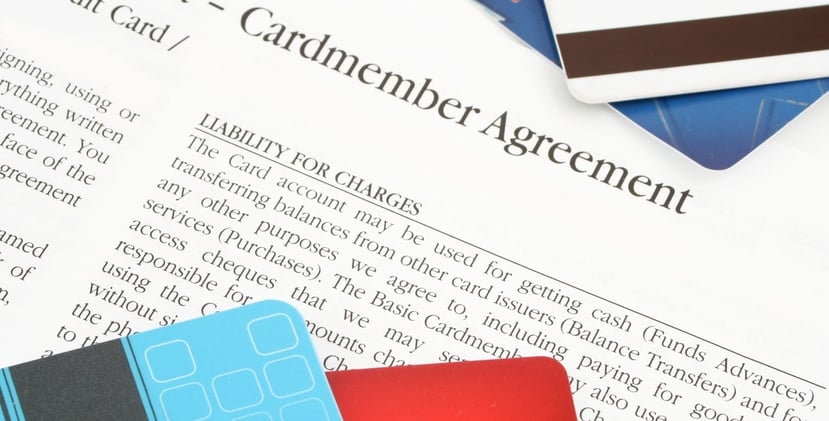
In a recent blog I noted that many financial institutions (FIs) continue to process debit transactions through four or more PIN networks, mainly due to inertia. There are numerous reasons to streamline this process — volume discounts, simplified back-office routines, reduced risk — none of which carry customer impact. Most networks no longer require their logos to be listed on the back of the card, so there’s not even a need to reissue plastic.
The question then shifts to how FIs can best implement such a change. As anyone who has reviewed a card network contract can tell you, these are very complex documents. Clearly, the network has a much better sense of the landscape than their FI client given they probably negotiate one of these agreements every day, on average. This is why many FIs are enlisting outside experts with the knowledge required to level that playing field with a network.
You’re the Sleeping Bear – Wake Up!
It’s not uncommon for us to find typewritten vendor contracts from 1991 still in force between FIs and card networks. Because market pricing has tended to trend downward in the FIs favor, the networks are more than happy to sit back and wait for the contract’s standard auto-renewal provision to kick in after which they send the client a letter often notifying the FI of price revisions.
Ideally, FIs would have in place robust vendor contract management databases to flag such negotiating opportunities. Too often, however, the deadline for providing notice of intent to terminate (typically set 6-12 months before contract expiration) sails by unnoticed. Declaring such intent does not mean a FI has to replace its incumbent vendor, if that vendor is serving them well. The declaration is primarily a means for preserving the FI’s leverage in negotiations. In our work with clients, the vast majority of contracts are renewed thus retaining the incumbent. FIs that do not notify incumbents of this intent essentially relinquishes most of their leverage in the negotiating process. In addition, when a vendor contract renews automatically the term of the renewal is often 3-5 years.
The use of an outside party for vendor contract management and contract negotiations deputizes an extra set of eyes keen on monitoring for these important contract dates (and other critical elements)—ones that can be missed by internal resources for whom contract administration may be a third or fourth priority. The best partners will provide current benchmarking data that helps FIs understand what their card business is worth—a critical factor when networks arrive dangling upfront signing bonuses (see our blog Beware of Free Money).
Play the Short Game, If You Can
Most card network agreements are written for initial terms of 3-5 years. Given the market’s fluidity and the general downward pricing trends, we advise FIs to pursue as short a term as possible — although networks are unlikely to agree to anything shorter than three years and still maintain a market level of pricing and incentives. Unfortunately, even at larger institutions these agreements risk falling into “set it and forget it” mode, so that three years becomes six or nine without persistent focus.
Usually once a FI realizes this, they do seek outside expertise to assist them in specific negotiations while also helping them establish best practices for vendor and contract management. In our experience, it is not unusual to see a client in this situation see increased savings of six-figures even before other incentives, that are often available, are considered. Opportunities for this degree of cost savings with zero customer impact are few and far between — it would be a shame to let one slip by.



